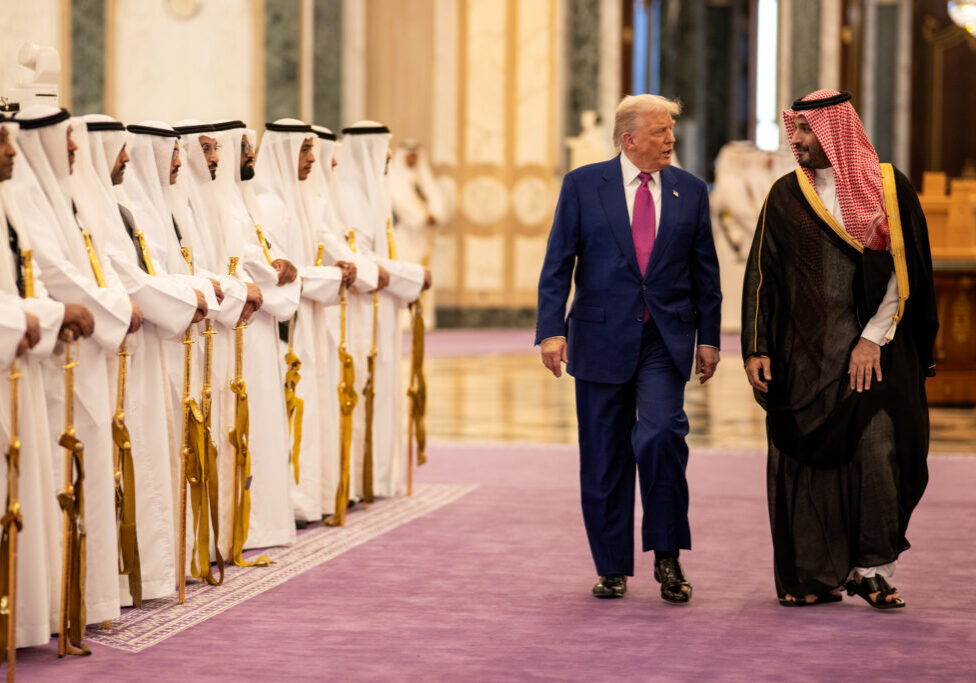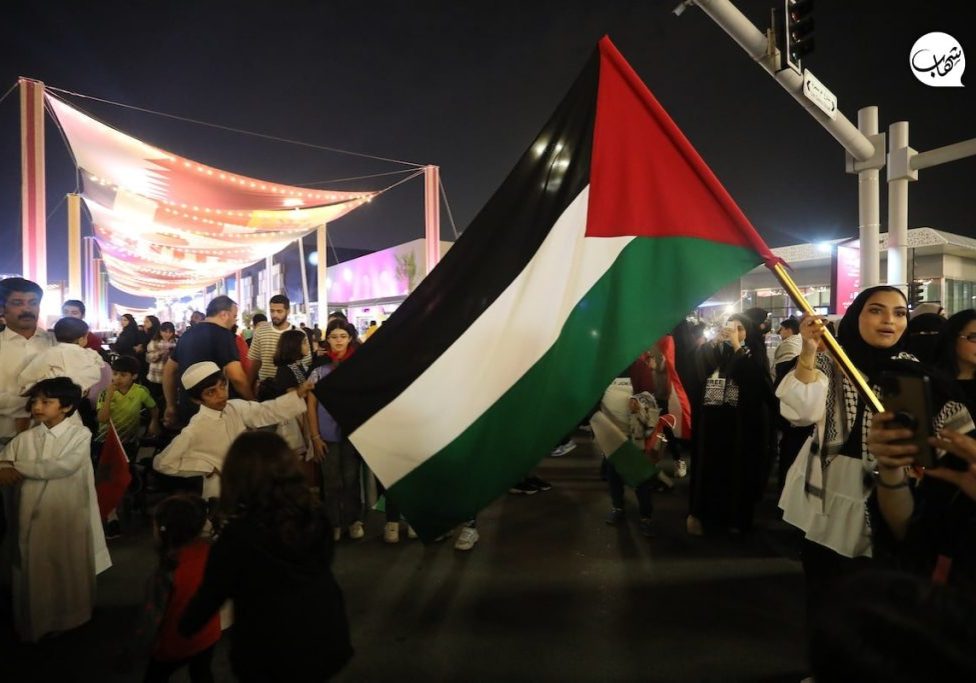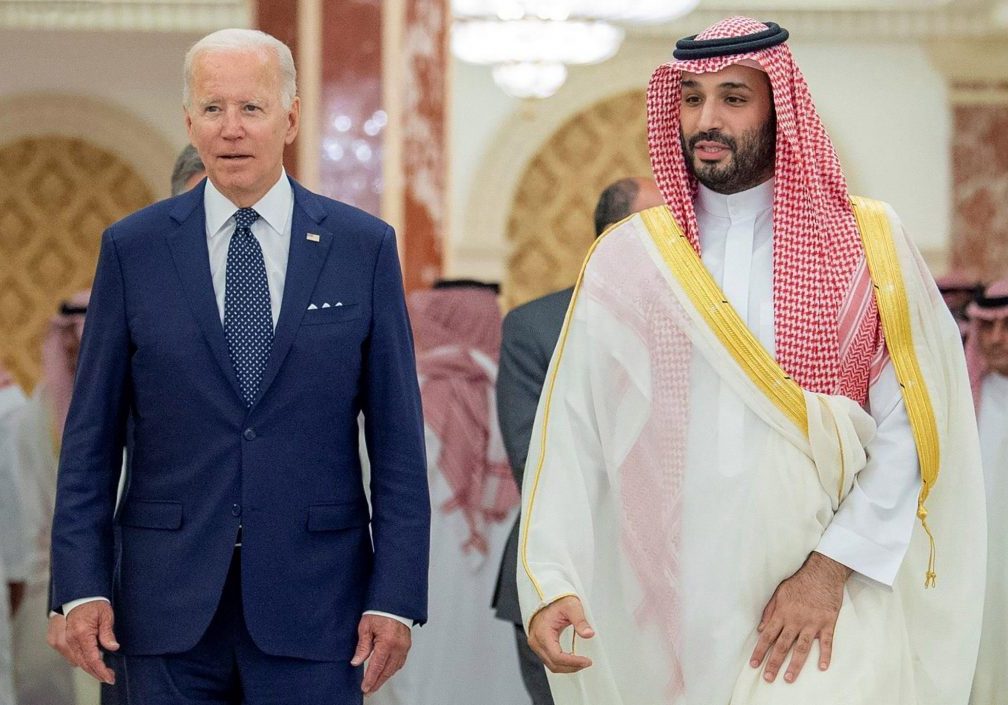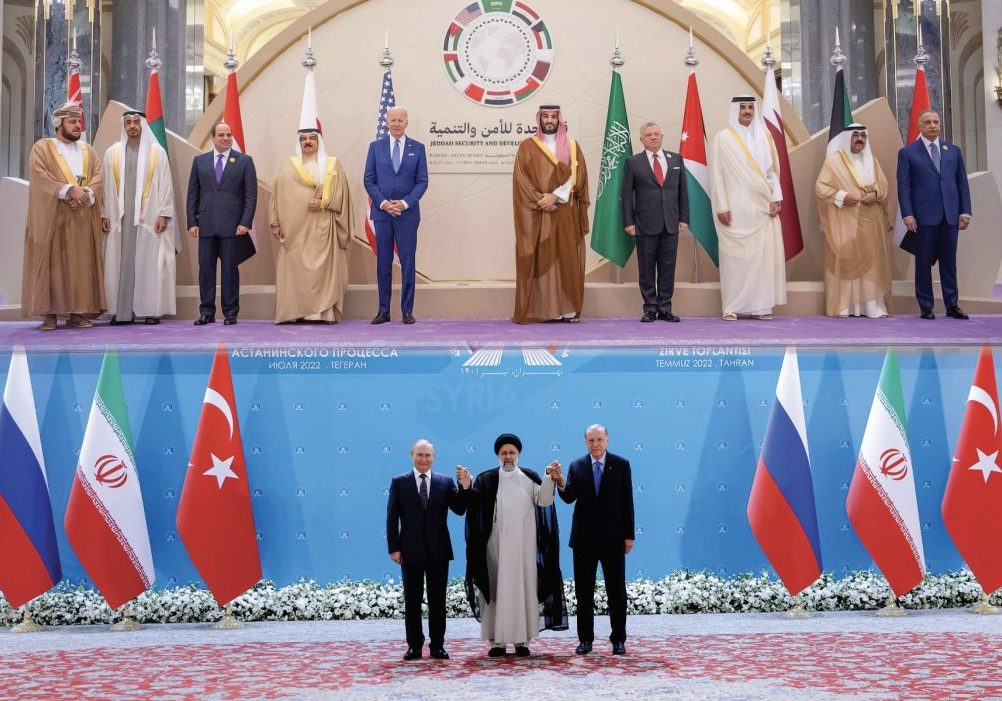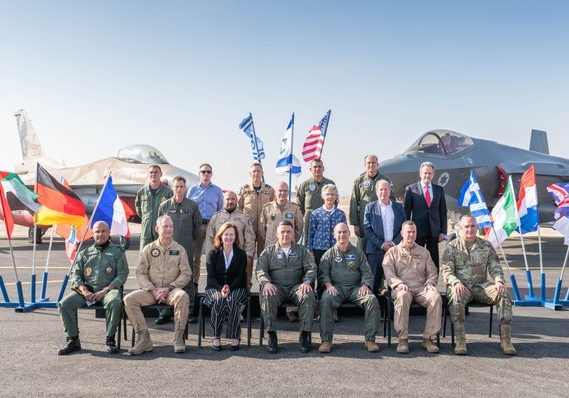Australia/Israel Review
Behind the News – October 2017
Oct 11, 2017 |
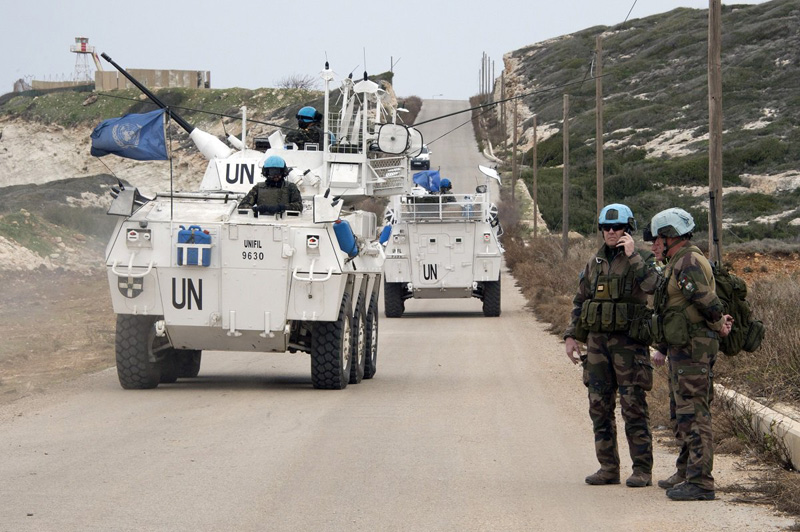
TERROR AND ROCKET REPORT
Three Israelis were killed and one wounded in a September 26 shooting and stabbing attack in the West Bank settlement of Har Adar, north west of Jerusalem. The attacker was shot dead. There were no significant terror attacks, defined as shootings, stabbings and vehicular attacks, in the five weeks prior, and no rockets hit Israel, but rioting and rock and molotov cocktail attacks continued. Israeli forces prevented numerous attacks through raids on Palestinian properties and by intercepting Palestinians armed with knives at checkpoints.
On Sept. 10, Nadav Argaman, head of Israel’s Shin Bet internal security service, reported to government ministers that his organisation had prevented 200 terror attacks from 70 different local cells so far in 2017. These included 70 attacks in July and August alone. Argaman referred to the situation in the West Bank as “fragile”.
IRAN SPLASHES CASH ON HEZBOLLAH, HAMAS
Awash with money due to the lifting of sanctions as part of the JCPOA nuclear agreement, Iran has quadrupled its annual investment in Hezbollah from US$200 million to US$800 million over the last year, according to Israeli reports.
Hamas, which recently strengthened previously strained ties with Teheran, receives approximately US $60-70 million annually from Iran, the reports say. In August, Hamas leader Yayha Sinwar said ties with Iran, “the largest backer financially and militarily” of the group, were excellent.
Sanctions relief tied to the nuclear agreement freed up an estimated US$100 billion for Teheran. Iran has also been spending hundreds of millions on militias in Syria, Iraq and Yemen, as it pushes forward in its attempt to become the regional hegemon.
IRAN CLAIMS IT CAN RESTART NUCLEAR ACTIVITY
In an Aug. 22 interview on IRINN TV, Ali Akbar Salehi, head of the Atomic Energy Organisation of Iran (AEOI) and a member of Iran’s nuclear negotiating team, said that Iran is able to start enriching uranium to 20% at the Fordo facility within five days. He also said that Iran can reactivate its old nuclear reactor in Arak, supposedly disabled under the terms of the 2015 nuclear deal, because cement was poured not into its core but only into a few external pipelines that can be replaced.
In 2015, Iran signed a deal with world powers to curb its nuclear ambitions in exchange for sanctions relief. Under the agreement, Iran relinquished most of its uranium enriched to 20% and agreed not to make any more for ten years.
NORTH KOREA, SYRIA, IRAN WMD LINKS
Reports say the British Foreign Ministry fears that North Korea’s “sudden advancement in developing nuclear weapons may be due to secret support from Iran.” The Foreign Ministry is reportedly investigating whether “current and former nuclear states” helped Kim Jong-Un in his recent drive to mount nuclear warheads on missiles, with Russia and Iran the key countries named.
Meanwhile, a report published by an eight-member panel of UN experts in early September stated that North Korea is suspected of working with Syria on its chemical weapons and ballistic missile programs in violation of UN Security Council resolutions. The findings covered the period between Feb. 2 and Aug. 5, and mention several interceptions of North Korean shipments of materials and equipment that were on route to Syria.
UNIFIL MANDATE STRENGTHENED
On Aug. 30, the United Nations Security Council voted to renew the UNIFIL peacekeeping mission in Lebanon for another year, one day before its mandate was set to expire. The UNIFIL force is comprised of 10,500 soldiers from 41 countries and is supposed to enforce UN Security Council Resolution 1701, which among things, bars all forces other than the Lebanese Army from southern Lebanon. However, Israel says UNIFIL has increasingly turned a blind eye to a massive Hezbollah presence in the area.
The resolution reauthorises UNIFIL’s mandate but also requests that UN Secretary General António Guterres examine ways to “increase UNIFIL’s visible presence, including through patrols and inspections.”
According to the US Ambassador to the United Nations, Nikki Haley, the changes also require UNIFIL peacekeepers to report whenever they encounter a Hezbollah roadblock.
Israel’s UN ambassador, Danny Danon, called the renewed mandate “a significant diplomatic achievement that could change the situation in southern Lebanon and expose the terror infrastructure that Hezbollah set up on the border with Israel.”
ISIS PREPARING POISON ATTACKS
Eitan Azani, deputy director of the International Institute of Counter Terrorism (ICT) warned at a Sept. 6 press briefing that ISIS is shifting its attention to focus on lone-wolf attacks after its control over territory in Syria and Iraq has been reduced significantly. Azani specifically warned that ISIS is providing instructions for attackers to target crowded malls with poison. Boaz Ganor from the ICT backed up Azani’s analysis. He suggests ISIS has little to do with planning and carrying out the attacks but will still be quick to claim responsibility, assuming the terrorist was ISIS inspired.
BAHRAIN-ISRAEL HEADING FOR DIPLOMATIC RELATIONS?
King Hamad of Bahrain has denounced the Arab boycott of Israel and released a declaration of religious tolerance which outlines a new vision for the Middle East based “on principles of inclusion and human dignity that rejects extremism.” The declaration is co-sponsored by the Simon Wiesenthal Centre and was signed by Prince Nasser Bin Hamad al-Khalifa who travelled to the Los Angeles Museum of Religious Tolerance on Sept. 12 to represent his father. Rabbi Hier from the Simon Wiesenthal Centre hoped the declaration would usher “in a long-awaited era of lasting peace and tranquillity”. Arab diplomats along with 300 interfaith leaders witnessed the historic signing.
Subsequently, on Sept. 23, Bahraini and Western officials were quoted as saying that an announcement on the normalisation of diplomatic relations between Bahrain and Israel, short of the opening of an Israeli embassy, was possible in the relatively near future.
AMIA PROSECUTOR NISMAN DECLARED MURDERED
An official report investigating the January 2015 death of Argentinian special prosecutor Alberto Nisman, submitted on Sept. 22 to a federal judge and prosecutor, has concluded that Nisman, who was shot dead, was in fact murdered. The report was produced by forensic investigators from Argentina’s Border Patrol Guard. It included a toxicology analysis that found ketamine, a drug used to anaesthetise animals, in Nisman’s body, and concluded the scene had been manipulated to suggest a suicide.
Nisman was found dead in his apartment the morning he was due to present a report addressing the issue of then Argentine President Cristina Fernandez de Kirchner’s alleged role in a cover up of Iran’s reported involvement in the 1994 bombing of the AMIA Jewish community centre which resulted in 85 deaths and hundreds of injuries.
ISRAEL AIDS DISASTER VICTIMS
In the wake of the recent series of natural disasters in the southern United States and the Caribbean, Israeli private and government agencies have sent aid and support teams to the battered US states of Florida and Texas, as well as Haiti and Mexico.
Special equipment was also flown out for a 12-member team in Mexico to effectively detect people trapped in rubble and damaged homes following the earthquake on Sept. 7 in the southern province of Chiapas. The team conducted house-to-house searches for the stranded, delivering aid, water and medical assistance. The aid delivery coincides with a historic September visit by Israeli Prime Minister Binyamin Netanyahu to Mexico as well as Argentina and Colombia.
Tags: Gulf states

